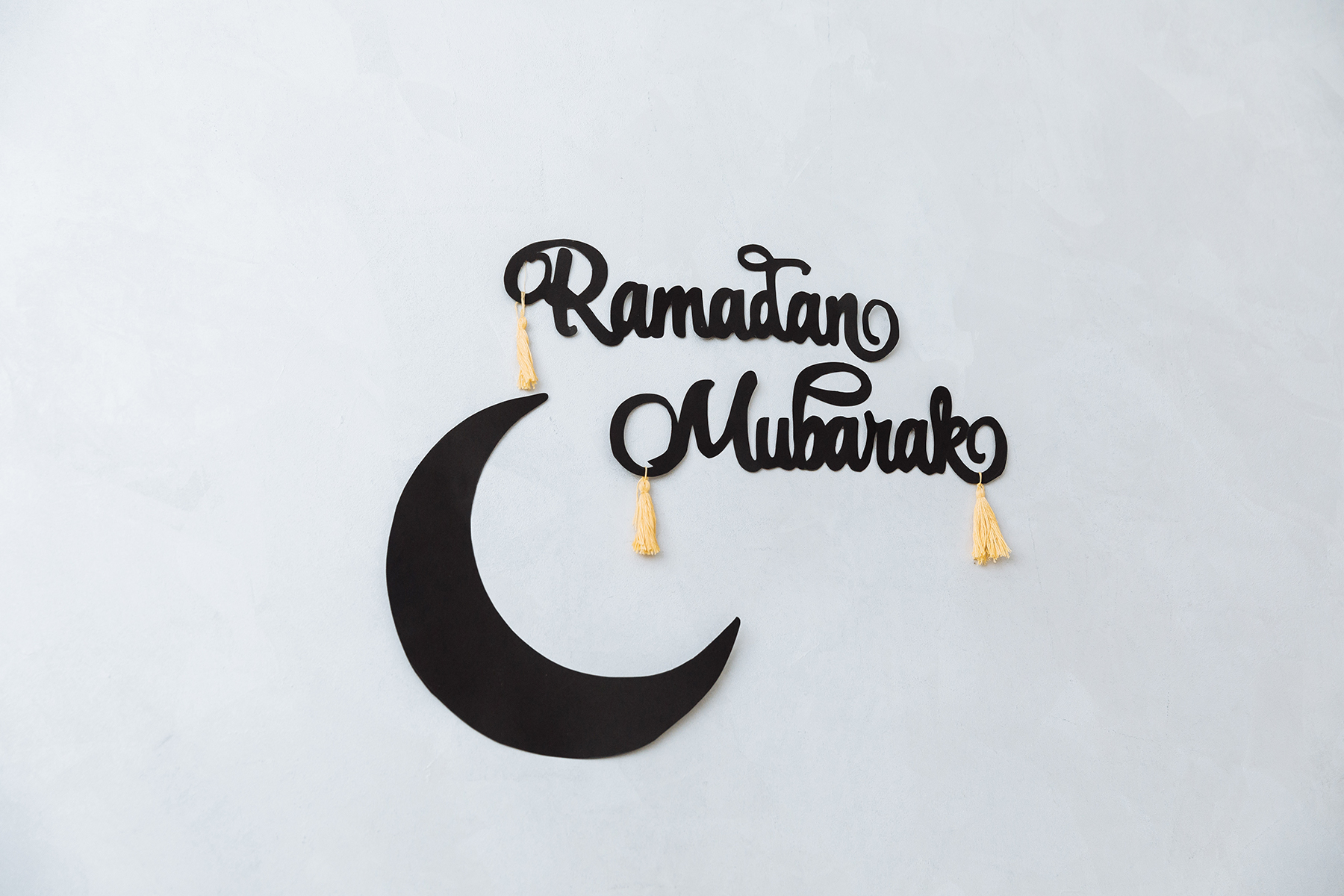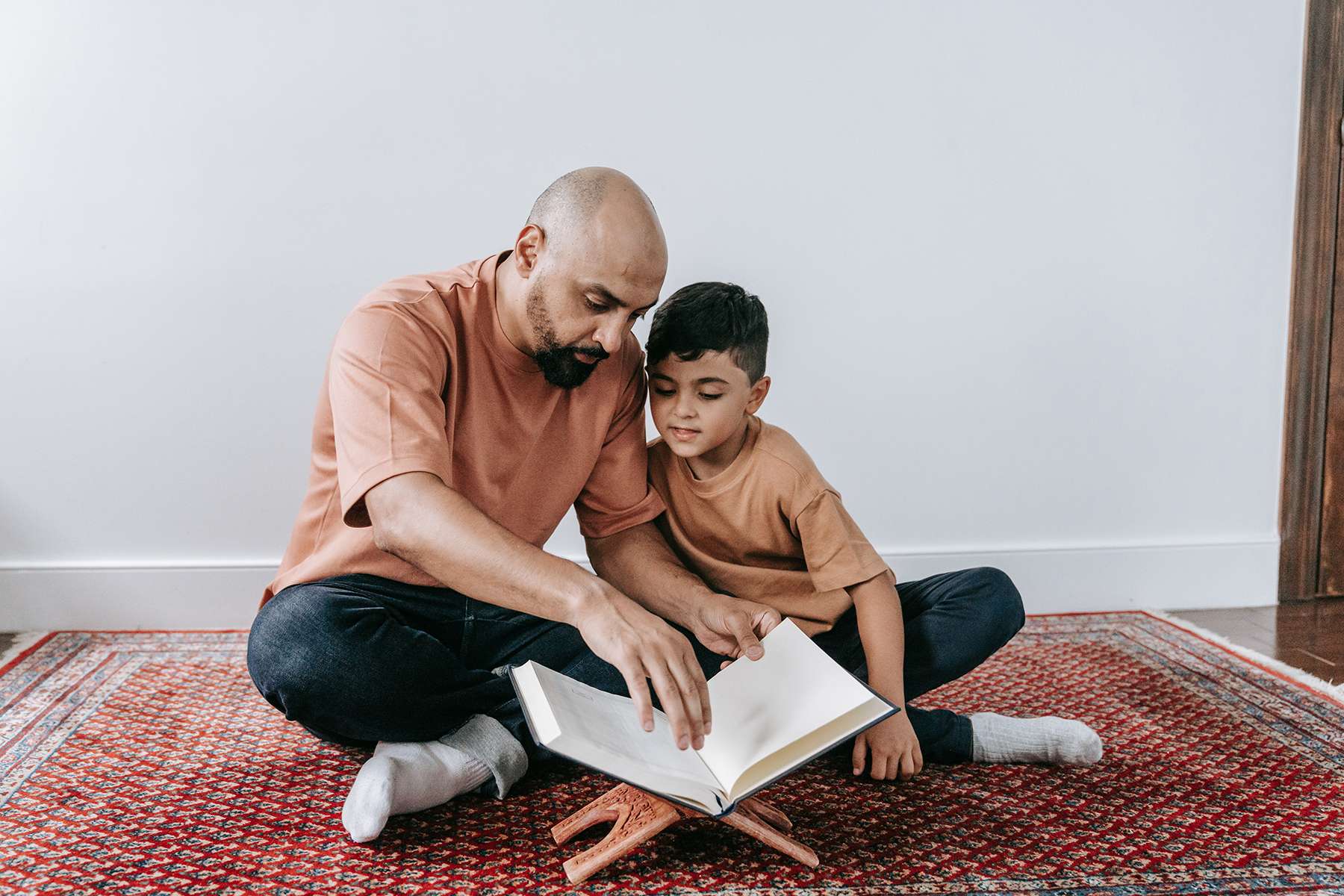- Home |
- Search Results |
- 11 things to know about Ramadan

1. Ramadan is celebrated by more than a billion Muslims all over the world and is a time that many use to feel closer to Allah, perform good deeds, spend time with their loved ones, give up bad habits, and pray.
2. Ramadan lasts for over a month and this year it begins on 2 April and ends on 1 May. The date changes every year, but it always takes place during the ninth month of the Islamic calendar as this is when the Qur’an was first revealed to the prophet Muhammed in 610 CE.
3. Islam follows the lunar calendar, which is based on the cycles of the moon, and so it falls approximately 10 days earlier each year in the Gregorian calendar. Ramadan begins following the sighting of the crescent moon.
4. During the month of Ramadan, Muslims will fast which means they won’t eat or drink between sunrise and sunset. Young children, women who are pregnant, breastfeeding or menstruating, the elderly, people who are ill and those travelling are exempt from fasting.
5. Islam is based on five core principles or pillars, and fasting is one of those five pillars. Muslims fast as a means to reflect on their faith, learn self-discipline and empathise with those less fortunate.

6. Those fasting will have one meal just before sunrise known as ‘the suhoor’, and another directly after sunset known as ‘the iftar’.
7. Many Muslims break their fast for the day with dates as the prophet Muhammed was quoted saying, ‘When one of you is fasting, he should break his fast with dates; but if he cannot get any, then (he should break his fast) with water, for water is purifying’. The fruit is also mentioned over 20 times throughout the Qur’an.
8. Laylat-al-Qadr, which is also known as the ‘Night of Power’, is considered to be the holiest eve in the Islamic calendar. It falls within the last 10 days of Ramadan and is said to be the night that the first verses of the Qur’an were given to the prophet Muhammed by the angel Jibril (Gabriel).
9. Often Muslims will attempt to read the whole Qur’an, at least once, during Ramadan, and special services take place at mosques where the Qur’an is read.
10. The most common greeting during Ramadan is ‘Ramadan Mubarak’ which means ‘blessed Ramadan’. Some also say ‘Ramadan Kareem’ which translates to ‘generous Ramadan’.
11. The end of Ramadan is marked by a big celebration known as Eid ul-Fitr, which means ‘the Festival of the Breaking of the Fast’. Muslims will wear their finest clothes, exchange gifts, spend time with friends and family, give money to charity, and thank Allah for the strength he gave them during Ramadan.